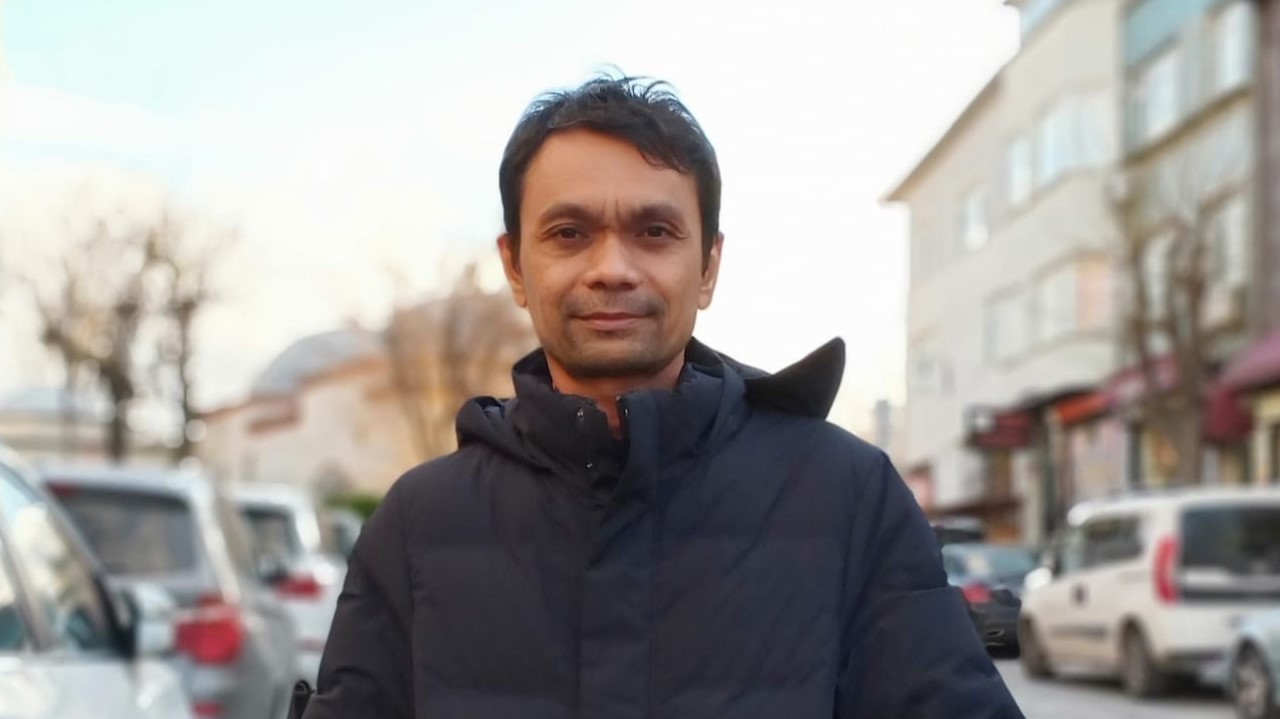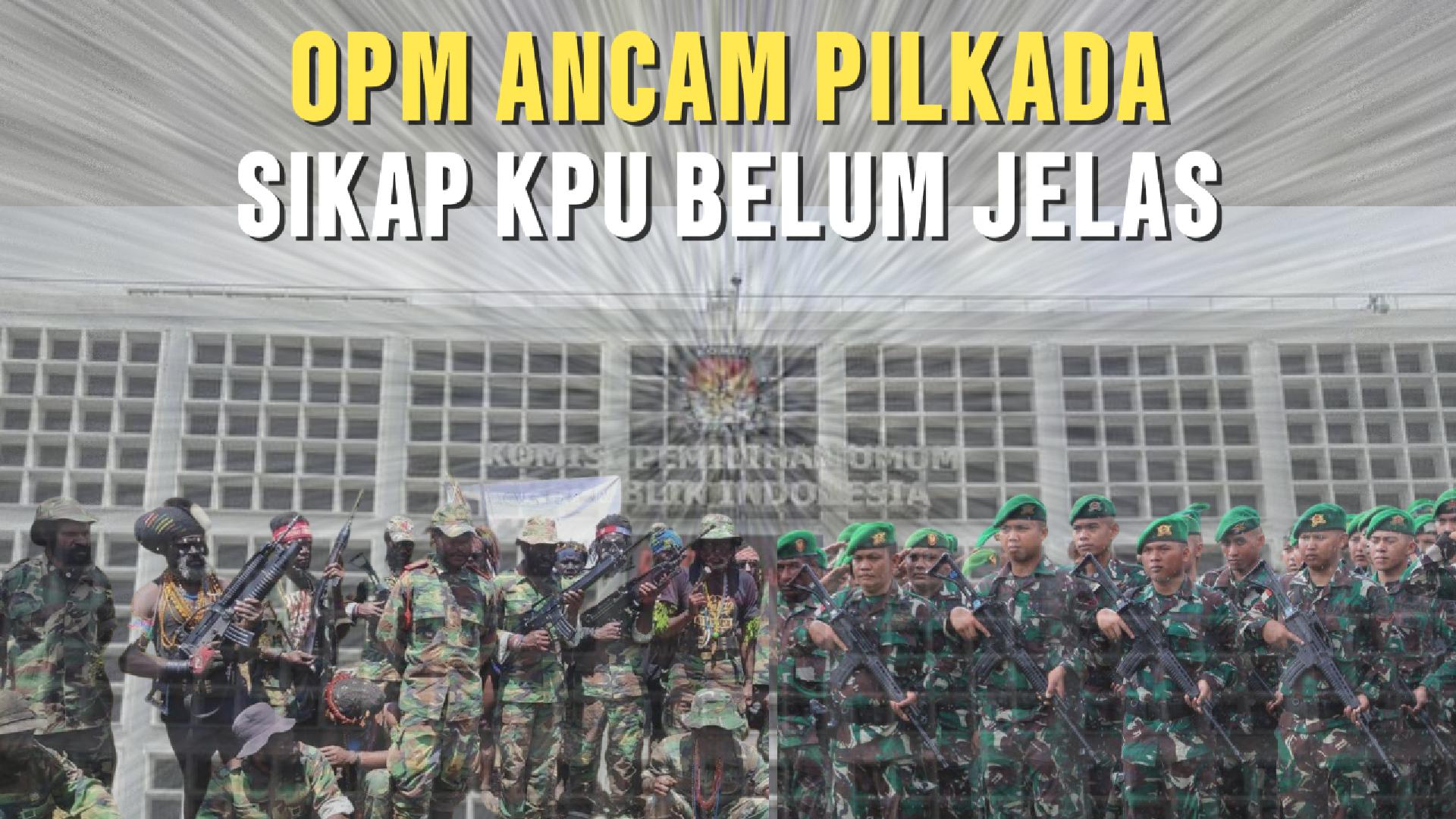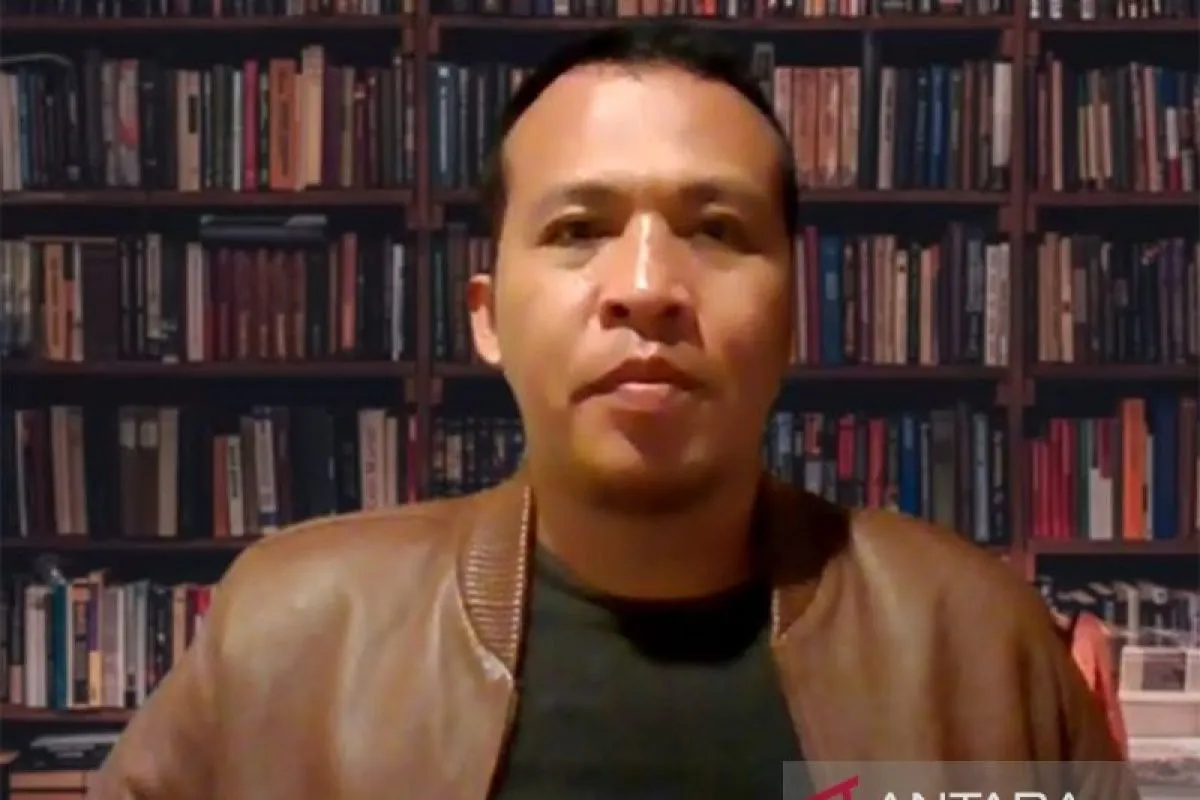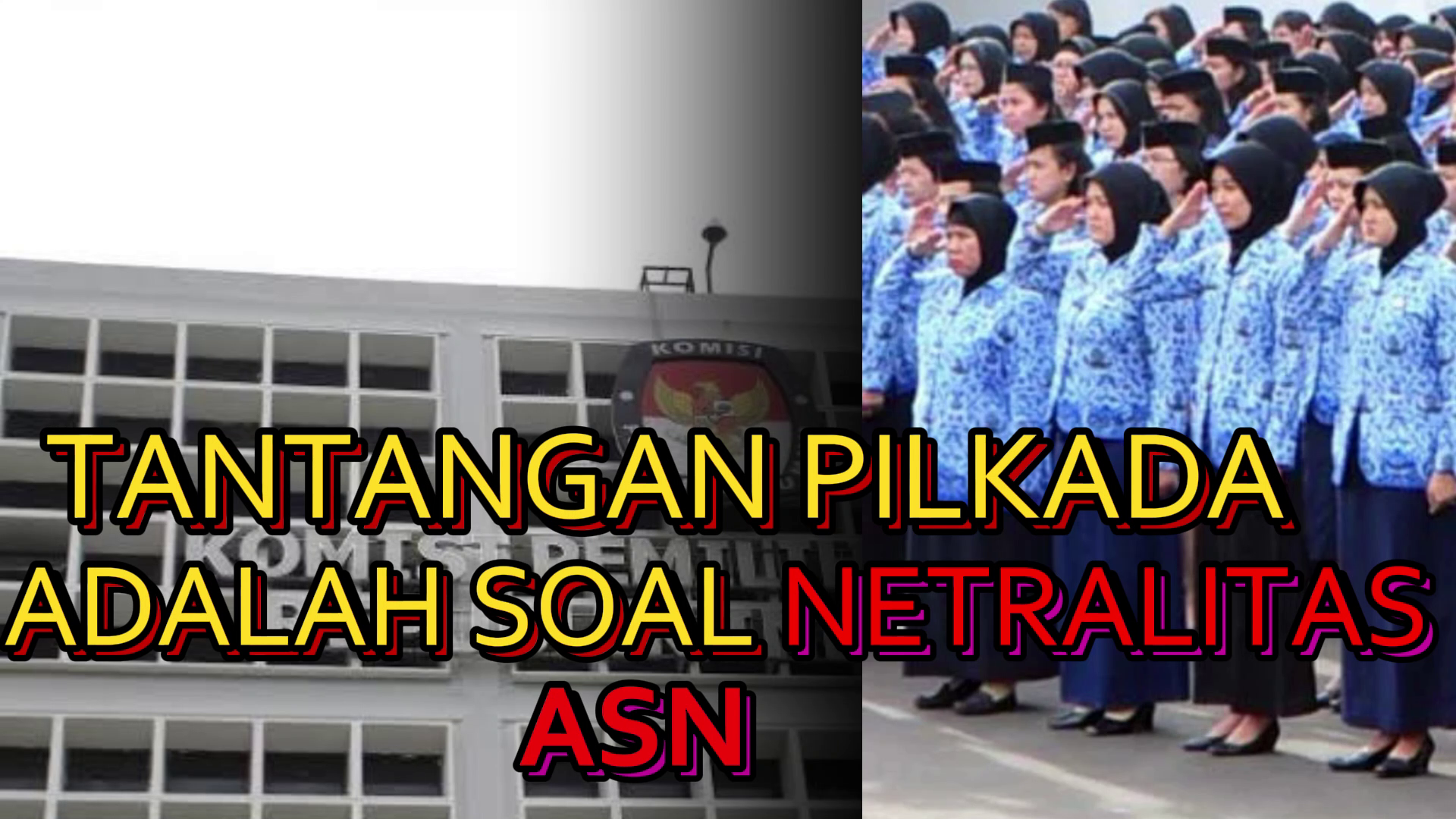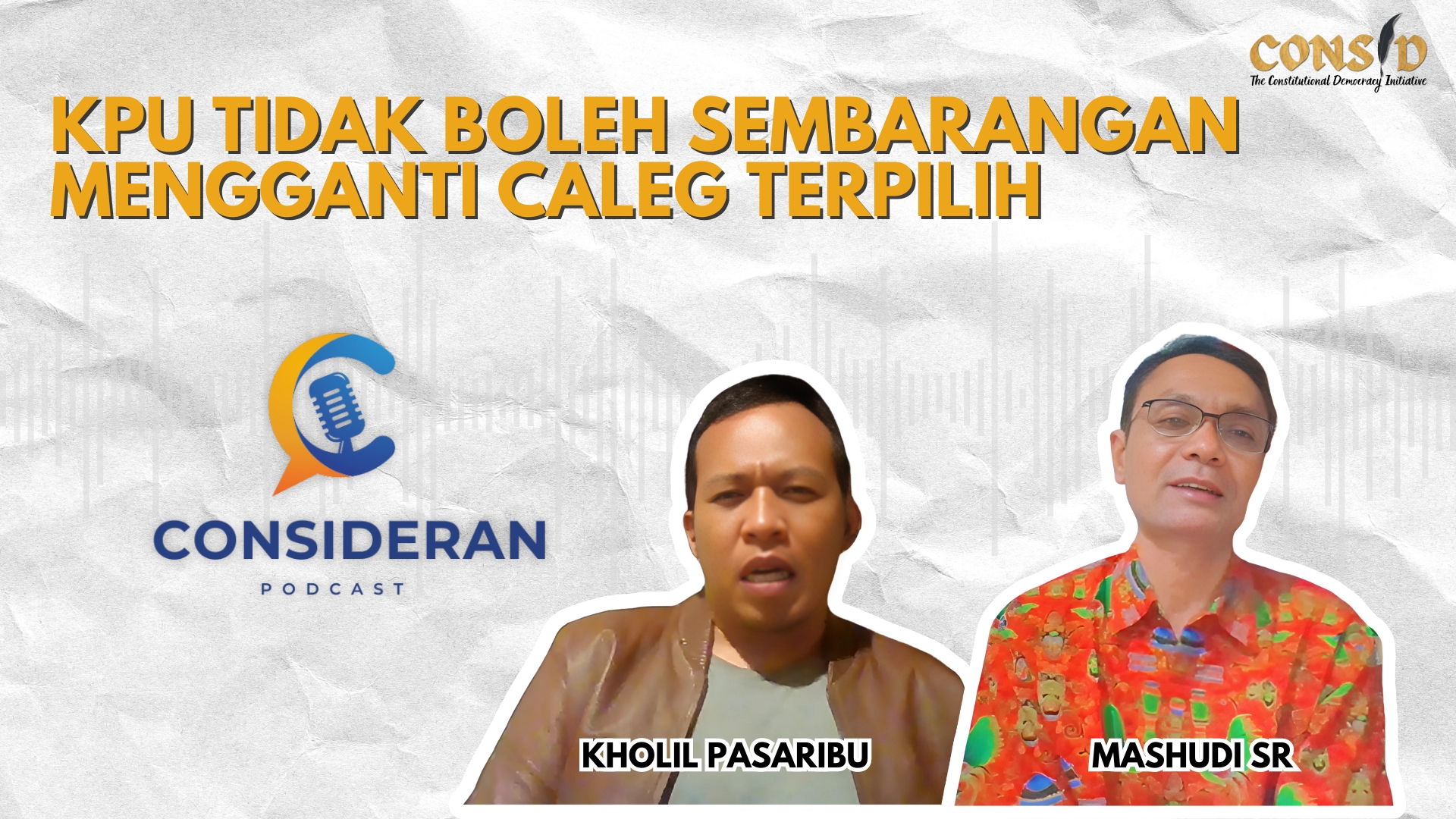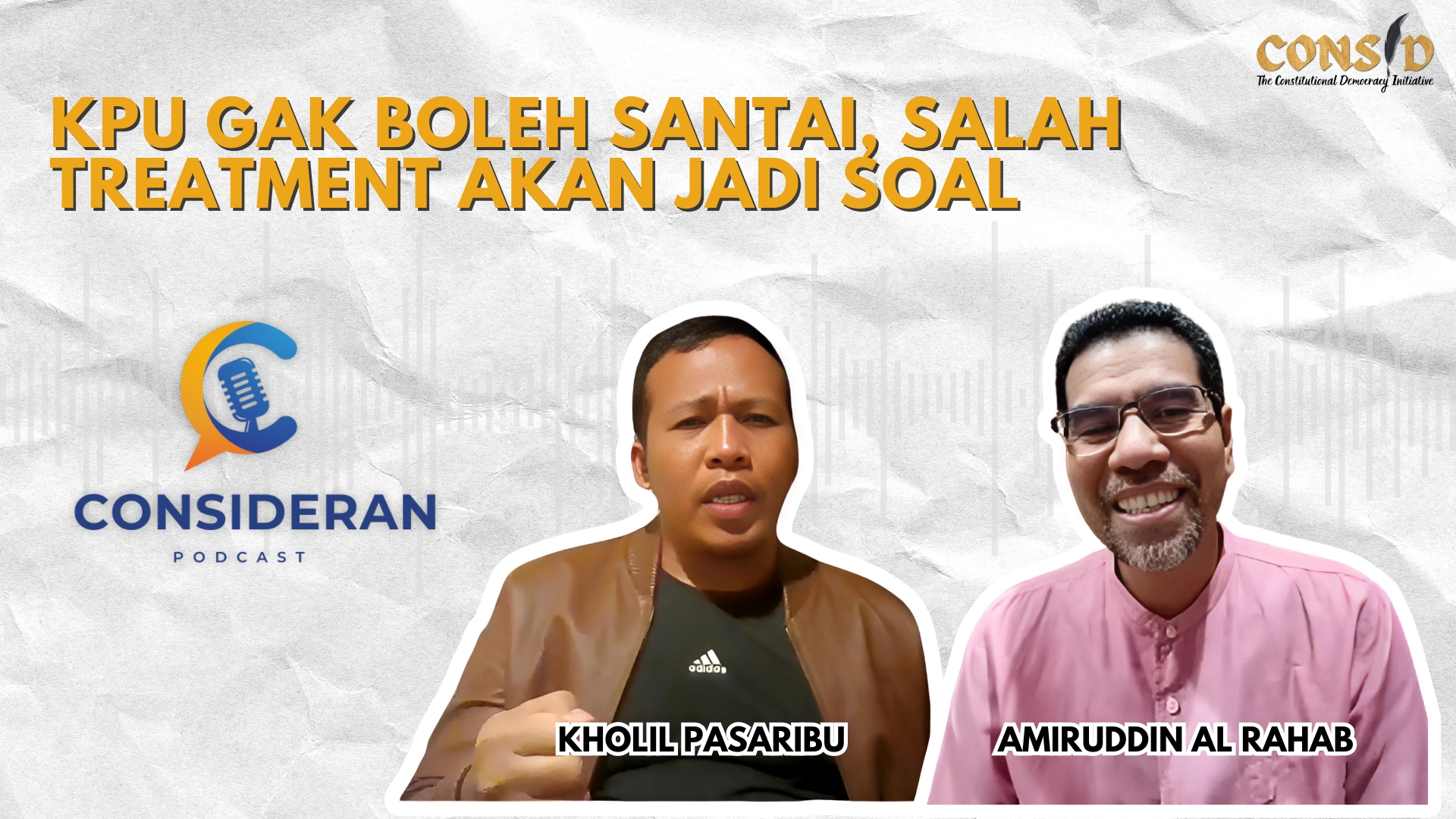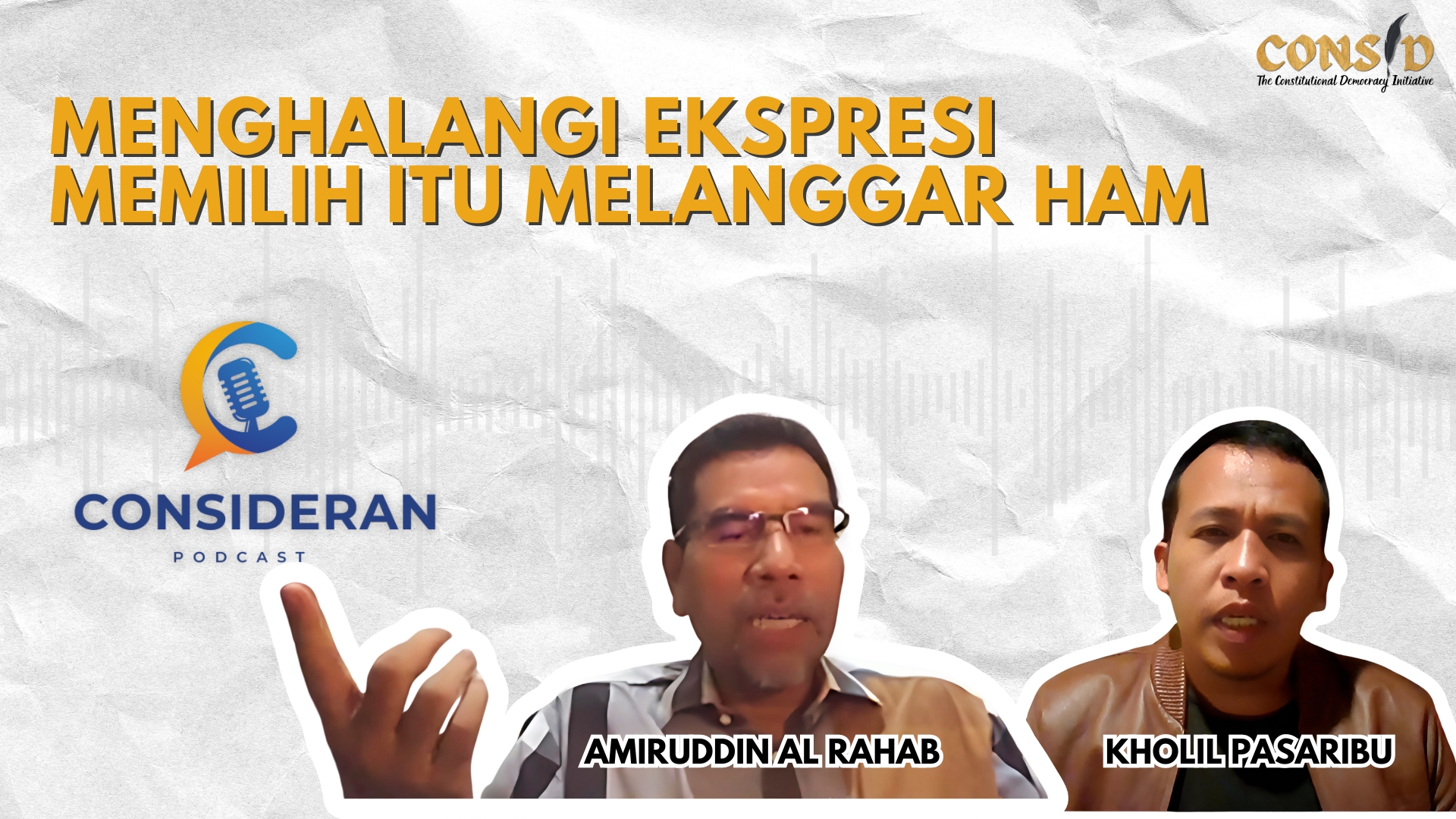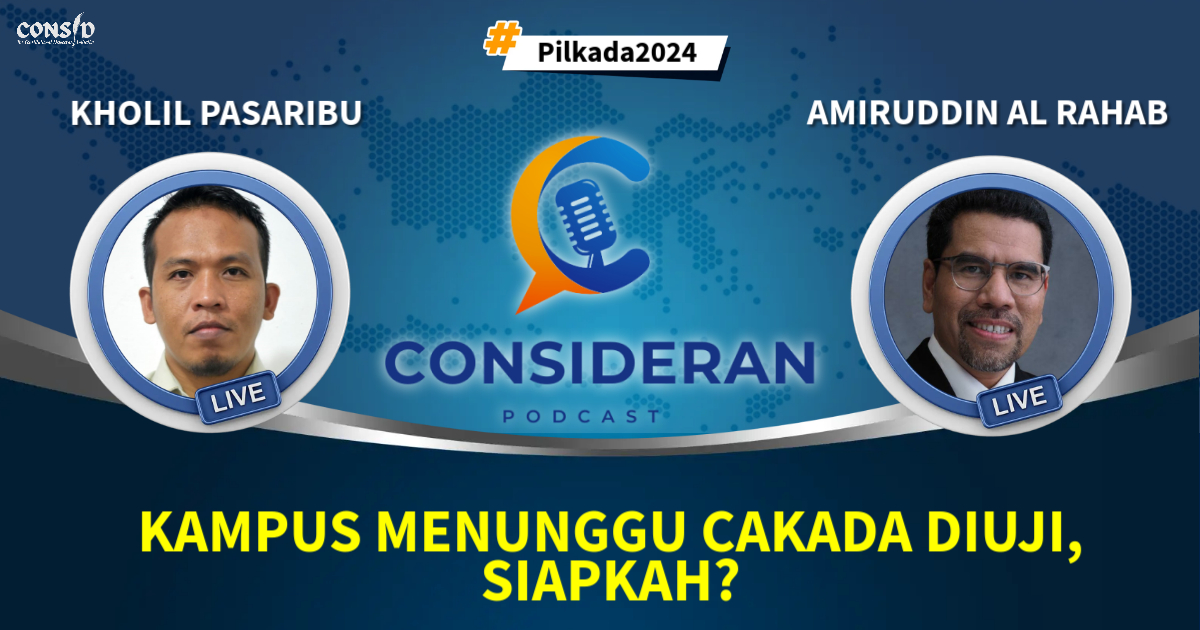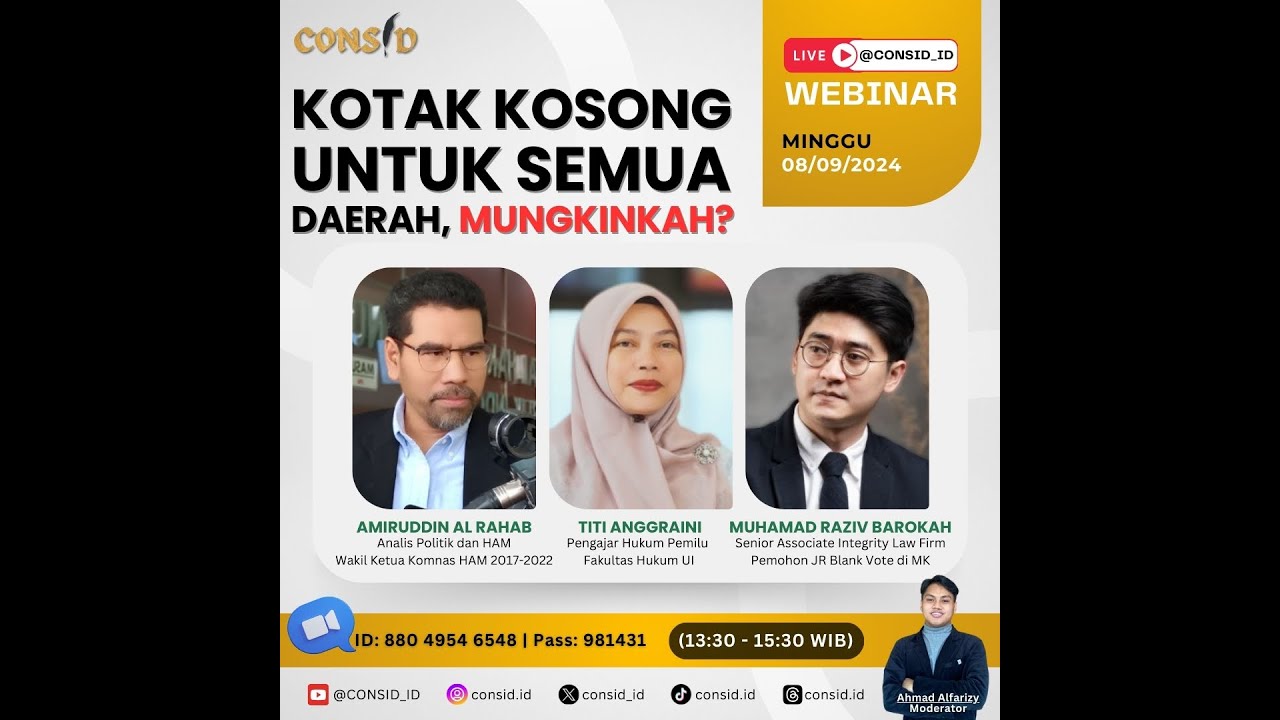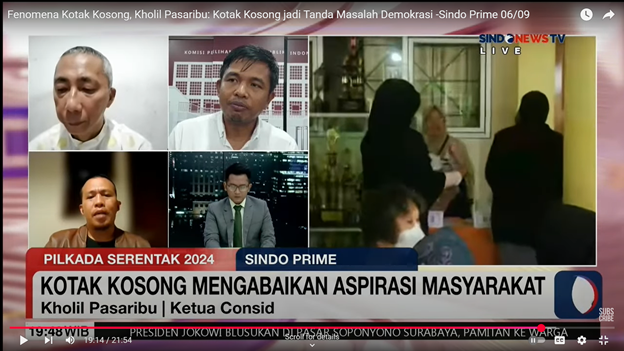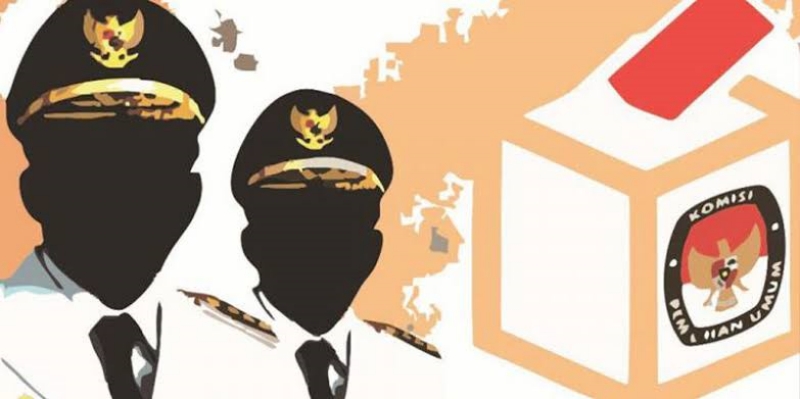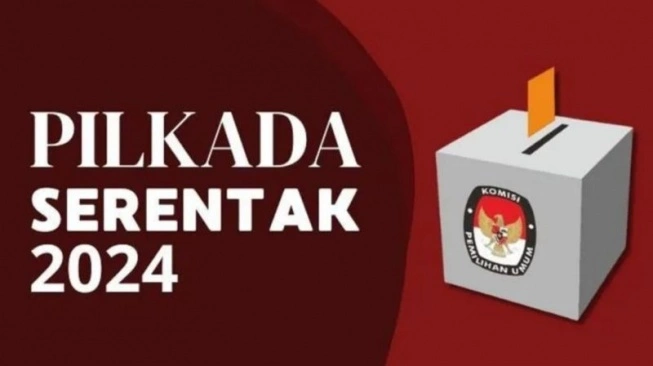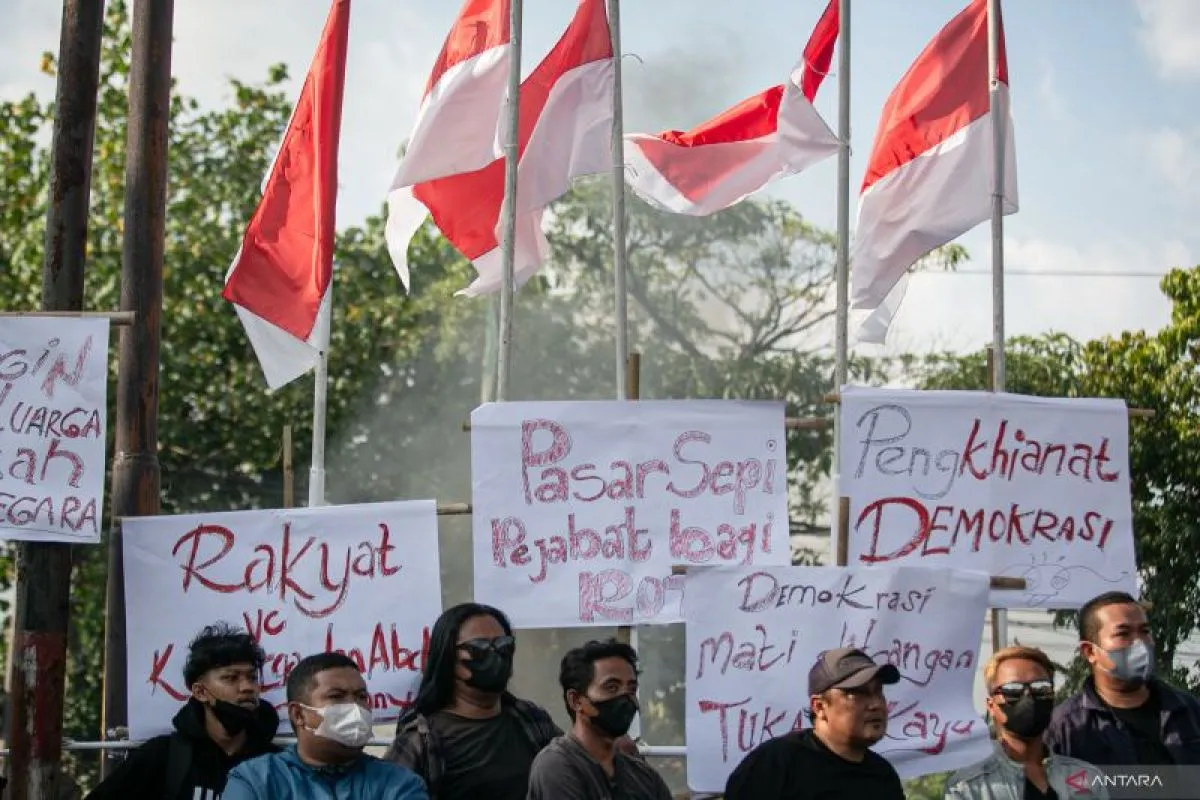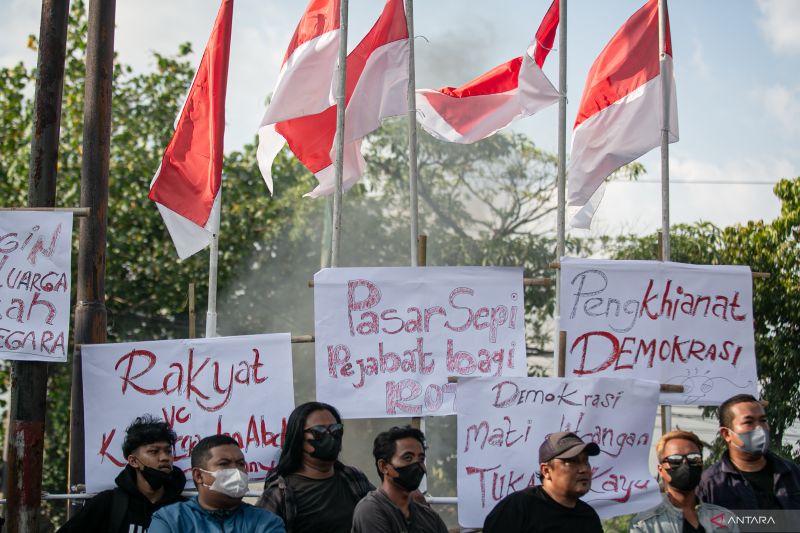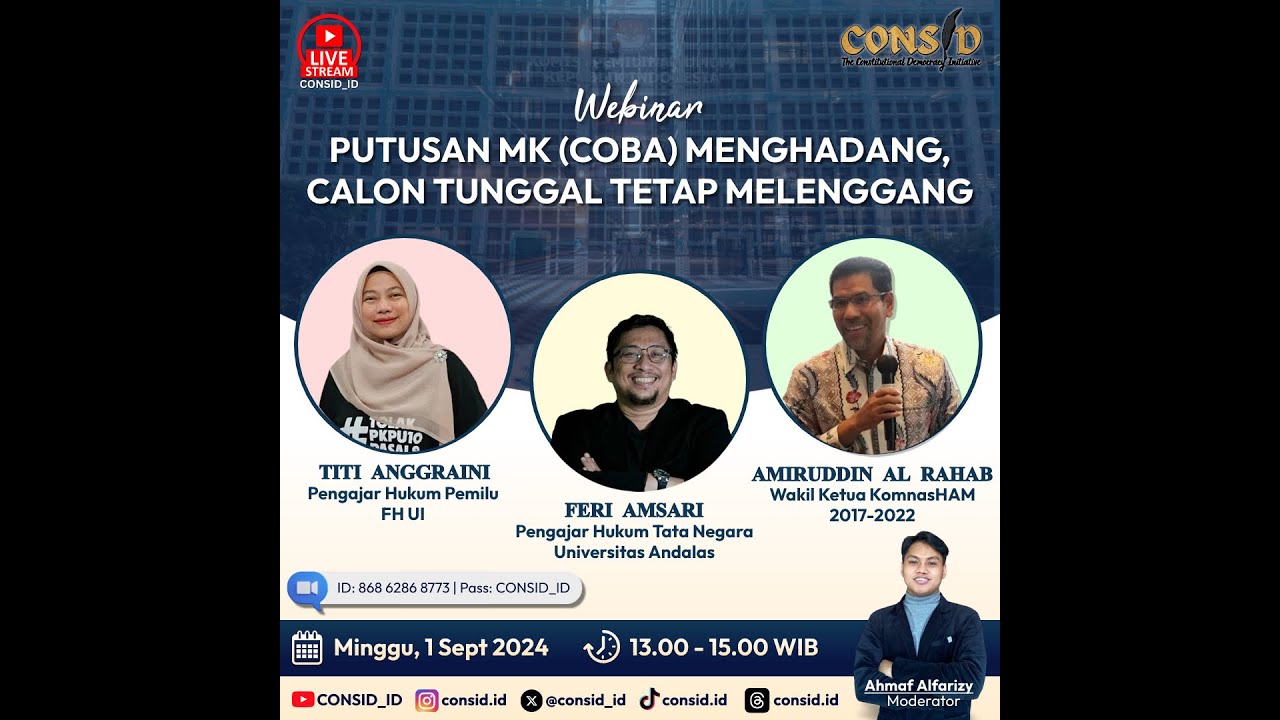
The draft regulation on campaign finance (PKPU) for the 2024 local elections removes the disqualification sanction for candidate pairs (paslon) who fail to submit their Final Report on Campaign Contributions and Expenditures (LPPDK). This move represents a serious regression in the effort to uphold clean, corruption-free elections. The General Elections Commission (KPU) justifies this removal by claiming that Law No. 10/2016 on the Election of Governors, Regents, and Mayors (the Local Elections Law) does not explicitly mandate such a sanction. The KPU argues that enforcing disqualification would exceed its legal mandate.
Instead, the KPU proposes alternative sanctions for candidates who fail to submit the LPPDK, such as barring them from campaigning and withholding confirmation of their election as winners until the required report is submitted.
This position by the KPU reveals at least four problematic points: First,the KPU is inconsistent in its legal reasoning. On one hand, it claims that imposing a sanction not stipulated by law exceeds its authority, yet on the other hand, it introduces new sanctions with no clear legal basis or measurable standard. If Article 75 of the Local Elections Law does not prescribe any sanctions for failure to submit the LPPDK, then logically, no sanction should be imposed at all.
But the KPU nonetheless chooses to apply minimal and vague penalties, which fall far short of the principles of transparency and accountability. This means the KPU is intentionally choosing the lightest consequences for non-compliant candidates.
Second,removing the disqualification sanction creates space for candidates to recklessly accept donations and allocate funds without oversight, increasing the risk of corruption and illicit campaign financing.
Third,the removal of this sanction, previously enforced in multiple past elections, suggests an overly accommodating attitude by the election authority towards the interests of electoral participants. Fourth,this action reinforces public perception that the KPU lacks independence in rule-making and election implementation. It reveals inconsistency and a weak institutional commitment to clean, anti-corruption elections.
In fact, since the 2015 simultaneous local elections, the KPU has already applied the disqualification sanction through KPU Regulation No. 8/2015 concerning campaign finance. This provision had broad public acceptance, was not opposed by political parties or candidates, and was consistently obeyed by all electoral participants. This raises a serious question: why would the KPU now seek to abolish a long-standing rule under the pretext that it is not explicitly mandated by law?
As the technical regulator of local elections, the KPU has the authority to set sanctions for candidates who fail to meet legal obligations, including campaign finance reporting. Furthermore, as the election organiser, the KPU is responsible for ensuring that the principles of free and fair elections are upheld at every stage. Progressive regulations that have supported Indonesia’s democratic elections for nearly a decade should not be dismantled.
Legal obligations in the Local Elections Law must be accompanied by enforceable consequences. The disqualification sanction has long proven effective in encouraging compliance with campaign finance reporting. It should therefore be retained to ensure the law functions as intended.
At the same time, campaign finance transparency is a public right. Voters have the right to know who funded the candidates, how much was received, and how it was spent. Campaign finance information is a critical tool for voter decision-making. By removing the disqualification sanction, the KPU is effectively removing a vital instrument that enables voters to make informed and rational choices.
If the KPU continues to adopt a pragmatic, permissive approach to regulation, the quality of elections in Indonesia will stagnate. There will be no progress, no improvement in democratic standards. Instead of backsliding, the KPU should serve as an engine of electoral innovation that enhances democratic quality and prioritises the interests of citizens. A KPU that ceases to innovate, or worse, dismantles good practices, risks dragging the electoral process back into an era of darkness.
For this reason, CONSID calls on the KPU not to remove the disqualification sanction for candidates who fail to comply with LPPDK reporting. Instead, the KPU should improve campaign finance regulations to ensure that the information provided is more transparent, accountable, comprehensive, accessible, and useful to the public.
Jakarta, August 6th 2024
Kholil Pasaribu
Chairperson, CONSID


